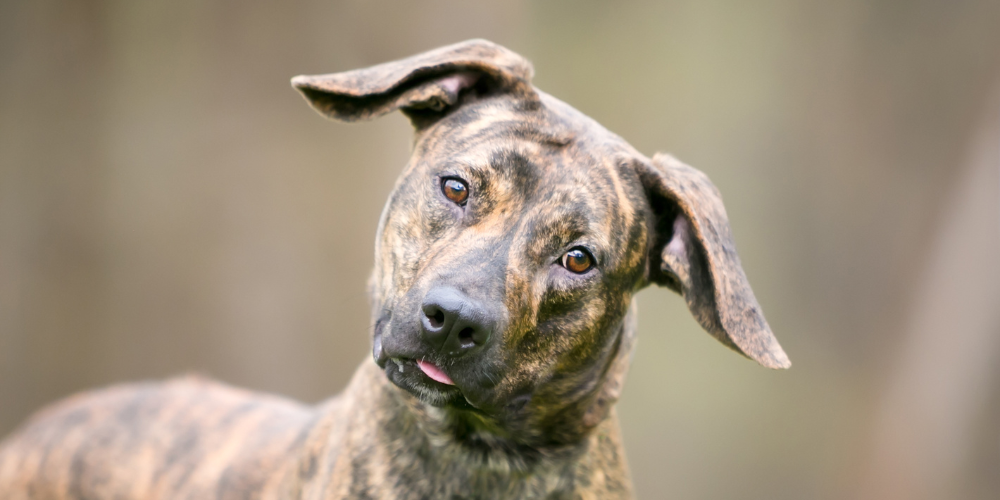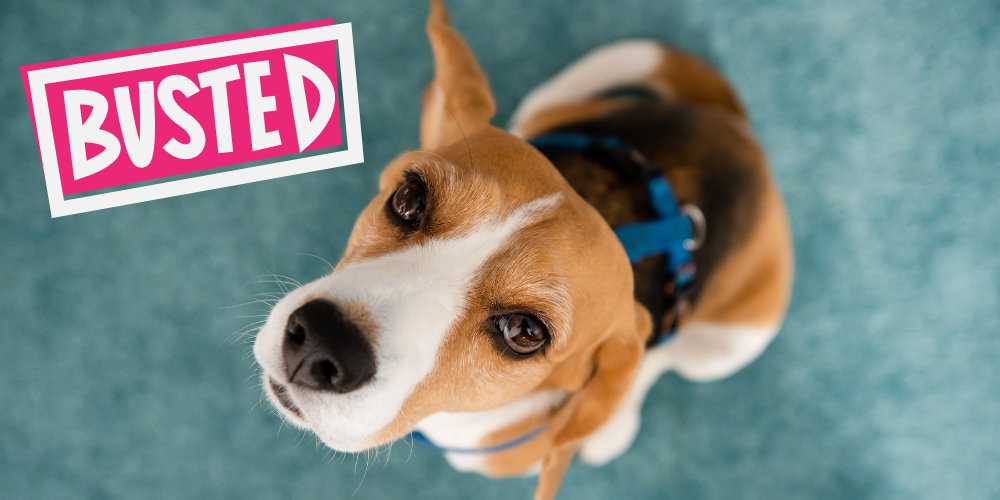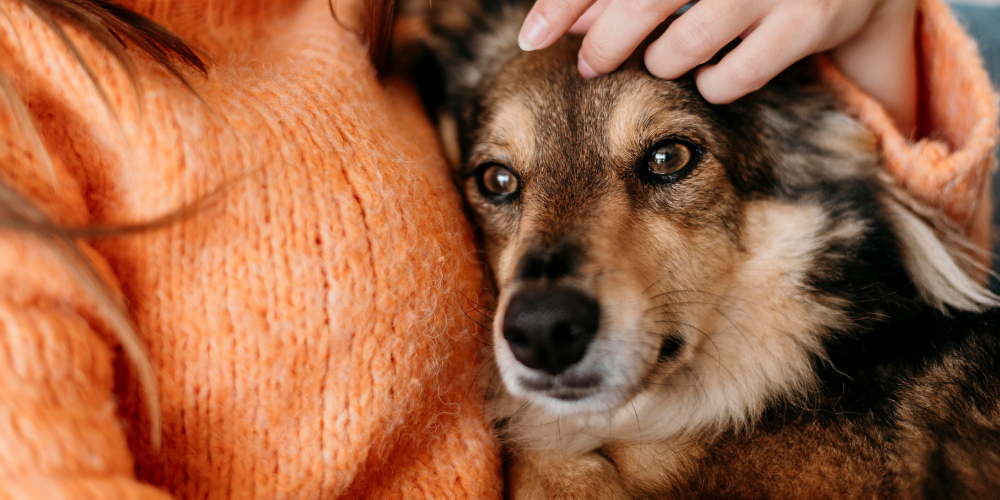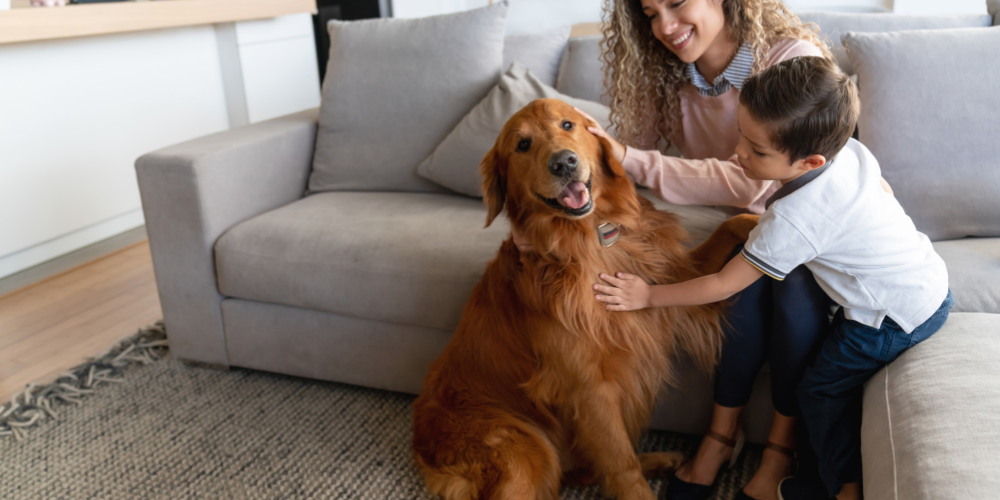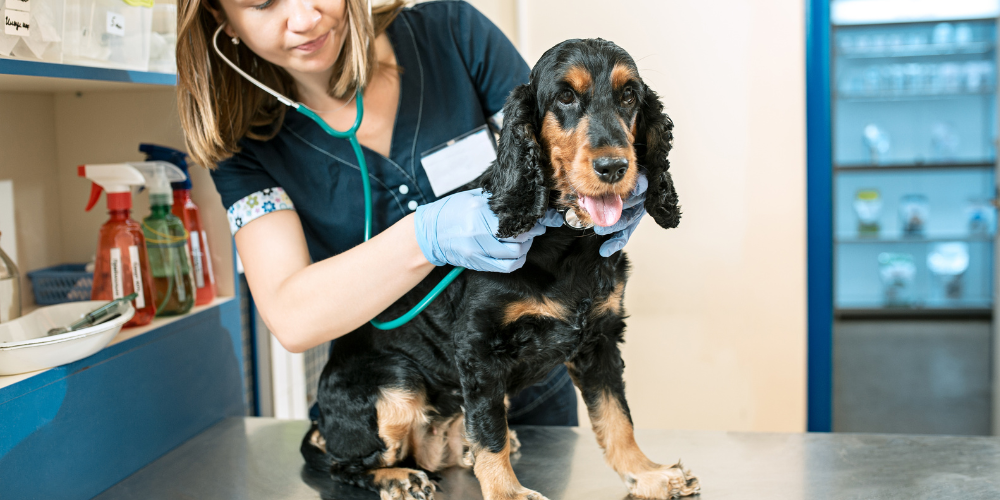
7 Silent Signs Your Dog or Cat Needs a Vet ASAP
Our pets can’t tell us when something’s wrong, but they have their own way of letting us know—if we know what to look for. Some health issues in dogs and cats show up as subtle changes that are easy to overlook. However, catching these silent signs early can make a huge difference to their health and wellbeing.
From licking the air to uneven pupils, we’re covering seven key warning signs that your pet might need a vet visit. Understanding these behaviours could help you catch serious issues before they get worse.
1. Licking the Air or Walls
If your pet starts licking the air, walls, or furniture more than usual, don’t shrug it off as a quirky habit. This behaviour can actually be a sign of nausea. In dogs and cats, nausea can result from something as simple as an upset stomach, but it could also indicate more serious problems like gastrointestinal blockages or liver disease.
If the licking is paired with vomiting, loss of appetite, or lethargy, it’s worth getting them checked out by your vet.
2. One Pupil Larger Than the Other
Uneven pupils, or anisocoria, can be an early sign of serious health concerns. If one pupil suddenly becomes larger or smaller than the other, it could point to issues such as head trauma, neurological conditions, or even glaucoma.
This is something that shouldn’t wait—contact your vet immediately if you notice this change, especially if your pet is also showing signs like disorientation or sensitivity to light.
3. Panting in Cats
Panting might seem normal for dogs, but in cats, it’s a completely different story. Cats rarely pant, and when they do, it can be a sign of stress, overheating, or even heart or respiratory problems.
If your cat starts panting, make sure they’re in a cool, calm environment and contact your vet if the panting doesn’t stop quickly or if it happens often.
4. Scooting and Excessive Licking of the Rear
We’ve all seen dogs scoot across the floor, but when it’s paired with constant licking of their rear end, it’s usually a sign that something’s not right. Common causes include impacted anal glands, worms, or even infections.
Cats can show similar behaviour, though it’s less common for them to scoot. Either way, if your pet seems uncomfortable or you notice swelling, don’t wait to act—these issues can worsen quickly without treatment.
5. Sudden Head Tilting or Walking in Circles
If your pet suddenly starts tilting their head or walking in circles, it’s more than just odd behaviour—it could be a sign of vestibular disease (an issue with balance), an inner ear infection, or even a stroke.
This can be disorienting and distressing for your pet, so it’s important to book a vet visit as soon as possible to get to the root of the problem.
6. A Cough That Sounds Like a Honk
If your dog has a persistent cough that sounds like a goose honking, it could be a sign of tracheal collapse. This condition, common in small dog breeds like Chihuahuas or Pomeranians, happens when the trachea weakens and partially collapses, making it difficult for them to breathe.
While it might seem manageable at first, tracheal collapse can worsen over time and needs proper management from your vet to keep your dog comfortable.
7. Cat Straining to Wee
If your cat is visiting the litter box frequently but seems to be straining to wee or only producing small amounts of urine, it’s a red flag. This could indicate a urinary blockage, which is common in male cats and can quickly become life-threatening.
Other signs to watch for include crying out while trying to urinate, licking their genital area excessively, or avoiding the litter box altogether. If you notice any of these behaviours, don’t wait—contact your vet immediately. Urinary issues can escalate fast, and early treatment is crucial.
Summary: Know When to Take Action
It’s easy to dismiss small changes in your pet’s behaviour, but sometimes those subtle signs are their way of telling us something’s wrong. Whether it’s licking the air, uneven pupils, or a honking cough, recognising these silent symptoms early can help prevent more serious issues down the line.
If you ever feel unsure about your pet’s health, it’s always better to err on the side of caution and consult your vet.
